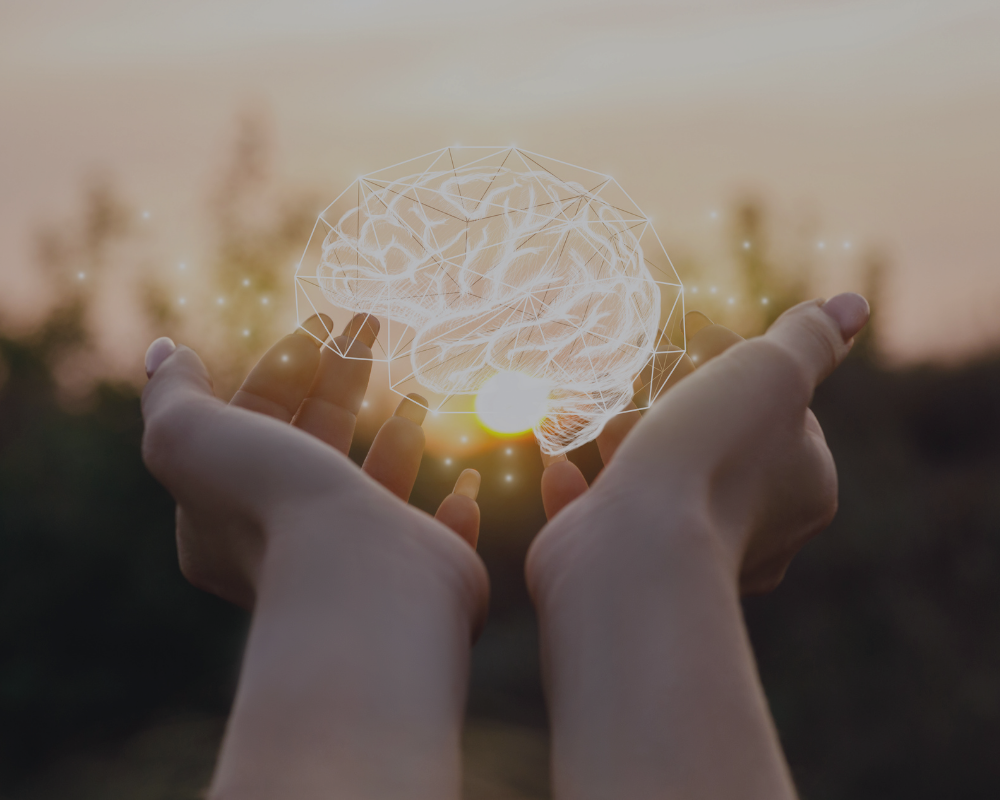Microdosing is applied for a wide range of reasons. Some individuals seek a deeper connection with their creativity, while others are looking to create change in their lives and find a tool to assist in that process. Connecting with the heart, senses, and the world around them can lead to a profound uplift. Generally, most people report positive changes and a greater sense of joy in life. If this interests you, make sure to first educate yourself fully on everything involved in the process.
Pros and Cons
Before you decide to begin, it’s crucial to be aware of the potential benefits and drawbacks that may come with Microdosing Psilocybin. While it can be an amazing experience for many, it might not be the right choice for everyone. It’s important to be fully informed about what you can expect before you start.
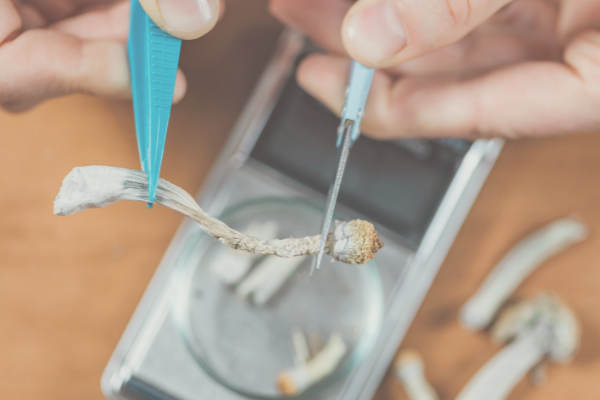
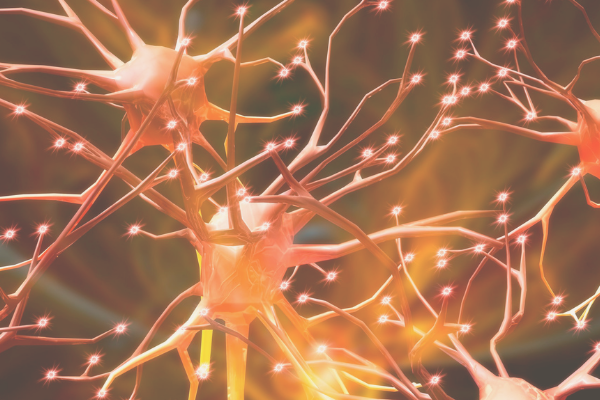
Psilocybin as a “non-specific mental enhancer
Microdosing and dependence
The risk of addiction to Psilocybin is negligible. Research has shown that Psilocybin may even have anti-addictive properties. It has helped many individuals overcome persistent dependencies, such as addictions to alcohol, tobacco, or other synthetic substances. With repeated use, tolerance can develop, reducing the substance’s effectiveness. This is why Microdosing is always practiced according to a set protocol. By adhering to the recommended breaks after completing a course, you should experience minimal, if any, issues with addiction or dependency.

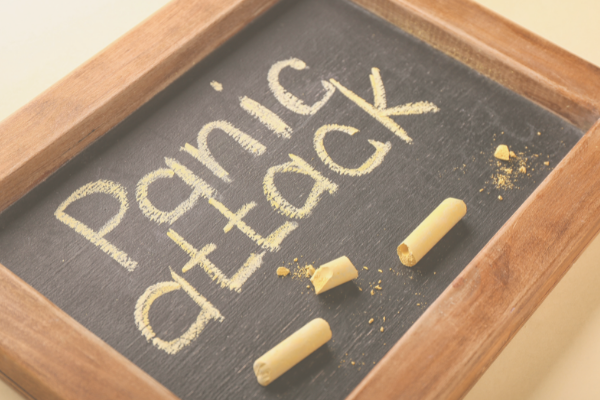
Who shouldn’t Microdose?
Microdosing and pregnancy
We strongly recommend against the use of Psilocybin during pregnancy. While medical literature suggests that there is minimal risk of harm, it is not advisable to experiment with psychedelic substances during pregnancy, even if they are believed to be harmless.
What do most people do after a course of Microdosing?
Some individuals stop after a single course, having gained insights that allow them to move forward for the time being. Others, more commonly, continue to Microdose occasionally, doing so when they feel it could be beneficial. There’s also a group that consistently follows a structured protocol. This group often works with a clear goal in mind. The interactive approach tends to yield the best results, as success largely depends on the individual’s dedication and commitment. They consciously work on something they wish to change or enhance. Would you like to know how you can approach this for yourself? We’ve outlined several key points to help you prepare effectively.
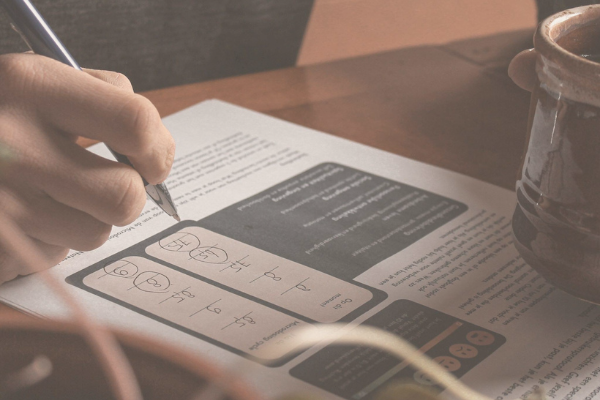

Microdosing with drugs & supplements
Unfortunately, it’s still somewhat unclear how certain medications and supplements interact with Psilocybin. However, some substances are known to enhance its effects, as highlighted by Paul Stamets’ research. Stamets suggests that combining Lion’s Mane mushrooms and niacin can complement the effects of Psilocybin, promoting the growth of new neural connections. For more information on the benefits and application methods of these combinations, you can refer to the article on Microdosing stacking methods.
To help clarify, Dr. James Fadiman has compiled a list of medications and supplements that do not negatively affect the functioning of Psilocybin or vice versa. As far as we know, these substances don’t interfere with one another’s effects, although they may sometimes help alleviate the symptoms that the medications or supplements are used for. The only significant exception to this is lithium, which should not be used in combination with Psilocybin, as it is strongly discouraged.
List of Medications & Supplements
The list compiled by Dr. James Fadiman is based on reports from participants in a collective Microdosing study. These participants have reported using the following medications and supplements without experiencing any negative side effects. However, please note that this list has not been subjected to formal scientific research, so all responsibility lies with the individual. If you cannot find your medication or supplement on the list or are unsure about whether it applies to your personal situation, we recommend contacting one of our experts who may be able to offer guidance. This list is only intended as a reference for combinations with a Microdose. In higher doses, the effects on medication can differ and could be dangerous if used together. Always conduct your own research and proceed with caution.
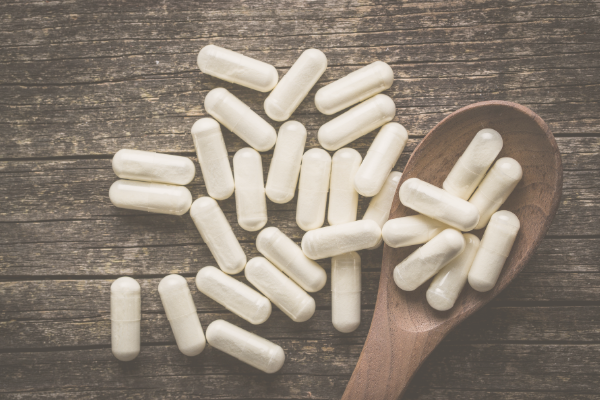

Painkillers
- acetomenophen/paracetemol (Tylenol)
- asprin
- codeine
- dihydrocodeine (Co-dydramol)
- hydrocodone (Vicodin, Norco)
- ibuprofen (Advil, Motrin)
- naproxen (Aleve)
- tramadol (Ultram)
Heart/high blood pressure medication
- amiodarone (Cordarone, Nexterone)
- Hydrochlorothiazide (HCTZ, HCT)
- lisinopril (Prinivil, Zestril)
- losartan (Cozaar)
- spironolactone (Aldactone)
- telemisartin (Micardis, Actavis)
- valsartan (Diovan)
Antifungals
- fluconazole (Diflucan, Celozole)
Focus medication
- amphetamine (Adderall)
- bupropion (Wellbutrin)
- dextroamphetamine (Dexedrine, Metamina, Attentin, Zenzedi, Procentra, Amfexa)
- lisdexamfetamine (Vyvanse)
- methylphenidate (Ritalin, Biphentin)
- modafinil (Provigil)
Sleeping
- zopiclone (Zimovane, Imovane)
- melatonin
- zolpidem (ambien, stilnox)
Antihistamines
- cetirizine (Zyrtec)
- diphenahydramine (Benadryl, Gravol)
- loratadine (Claritin)
- ranitidine (Zantac)
Diabetes
- metformin (Glucophage)
Antidepressants
- bupropion (Wellbutrin)
- citalopram (Celexa)
- desvenlafaxine (Pristiq)
- doxepin (Sinequan)
- duloxetine (Cymbalta)
- escitalopram (Lexapro)
- paroxetine (Paxil)
- sertraline (Zoloft)
- venlafaxine (Effexor)
GERD
- esomeprazole (Nexium)
- pantoprazole (Protonix)
- ranitidine (Zantac)
Breathing Medication
- salbutamol (Albuterol)
- cetirizine (Zyrtec)
- beclometasone (Clenil Modulite)
- montelukast (Singulair)
Antiviral
- nitazoxanide
Drugs of Recreation
- alcohol
- amphetamine
- heroin
- kratom
- marijuana
- nicotine
Anti Inflammatory
- mesalazine (Octasa)
Immunosuppressant
- hydroxychloroquine (Quensyl)
Mood Stabilizers & Antipsychotics
- aripiprazole (Abilify)
- buspirone (Buspar)
- lamotrigine (Lamictal)
- lithium
- quetiapine (Seroquel)
Birth Control
- Aubra
- hormonal pills
- Marvelon
- Mirena
- nuva ring
- Tricyclen
Alcohol Dependence Treatment
- Acamprosate (Campral)
- Disulfiram (Antabuse)
- Naltrexone
Anti Acid
- ranitidine (Zantac)
Antibiotics
- clindamycin (Cleocin, Dalacin, Clinacin)
- doxycycline
- minocycline (Minocin, Minomycin, Akamin)
- penicillin (Bicillin)
Benzodiazepines
- alprazolam (Xanax)
- clonazepam (Klonopin)
- diazepam (Valium)
- flurazepam (Staurodorm)
- lorazepam (Ativan)
Anxiolytics
- etizolam
- propranolol
Parkinsons
- levodopa
- pramipexole
Cholesterol
- atorvastatin (Lipitor)
- rosuvastatin (Crestor)
- simvastatin (Zocor)
- statins
Racetams
- aniracetam
- phenylpiracetam
- piracetam
Anticonvulsants
- baclofen (Lioresal)
- carbamazepine (Tegretol)
- cyclobenzaprine (Flexeril)
- gabapentin
- mirtazapine
- sodium valproate
- tizanidine (Zanaflex)
Thyroid
- methimazole or thiamazole
Supplements
- 5-HTP
- albizia
- Ashwagha
- B100
- BCAAs
- biotin
- Brahmi
- Bromelain
- Caffeine
- Calcium
- cannabis
- cayenne
- Chaga
- chlorophyll
- Choline
- CILTEP
- CoQ10
- Cordycepts
- creatine
- eleuthero
- EPA/DHA
- fish oil
- ginseng
- glucosamine
- Iodine
- iron
- kelp
- kratom
- L-theanine
- lemon balm
- lions mane
- maca
- magnesium
- MCT
- methyl sulfonyl methane (MSM)
- milk thistle
- multivitamins
- omega 3/6/9
- passionflower
- Phosphatidyl
- Probiotics
- Pycnogenol
- Reishi
- Rhodiola
- rosacea.
- selenium
- shatavari
- skullcap
- st. johns wort
- taurine
- Tulsi
- tumeric (curcumin)
- Turkey’s tail
- twynsta
- vitamin
- Vitamin B6
- Vitamin B12
- Vitamin D3
- Vitamin K
- Vitamin C
- Vitamin K2
- Vitamin D
- Niacin
- Zinc
- Zinium
Erectile Dysfunction
- tadalafil (Cialis)
Hormones & Steroïds
- Norethindrone Acetate ethinyl estradiol
- estradiol
- prednisone (Deltasone, Liquid Pred, Orasone, Adasone, Deltacortisone)
- estrogen (Premarin)
- progesterone (Prometrium, Utrogestan, Endometrin)
- testosterone
- levothyroxine (Synthroid)
- Naturethroid
- dexamethasone
- DHEA
- spironolactone (Aldactone)
If you have experience with a medication or supplement not included on the list that works well alongside a Microdose of Psilocybin, we would love to hear from you! Please send us a message detailing your experiences. Sharing your insights can help others make more informed decisions about their own practices.
Resources
- https://sites.google.com/view/microdosingpsychedelics/drugs-and-supplements
- https://www.lastresortrecovery.com/addiction-blog/risks-of-microdosing
- https://www.scientificamerican.com/article/johns-hopkins-scientists-give-psychedelics-the-serious-treatment/
- https://sites.google.com/view/microdosingpsychedelics/home
- https://www.jamesfadiman.com
- www.goodreads.com


